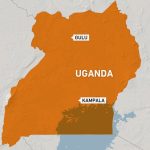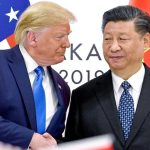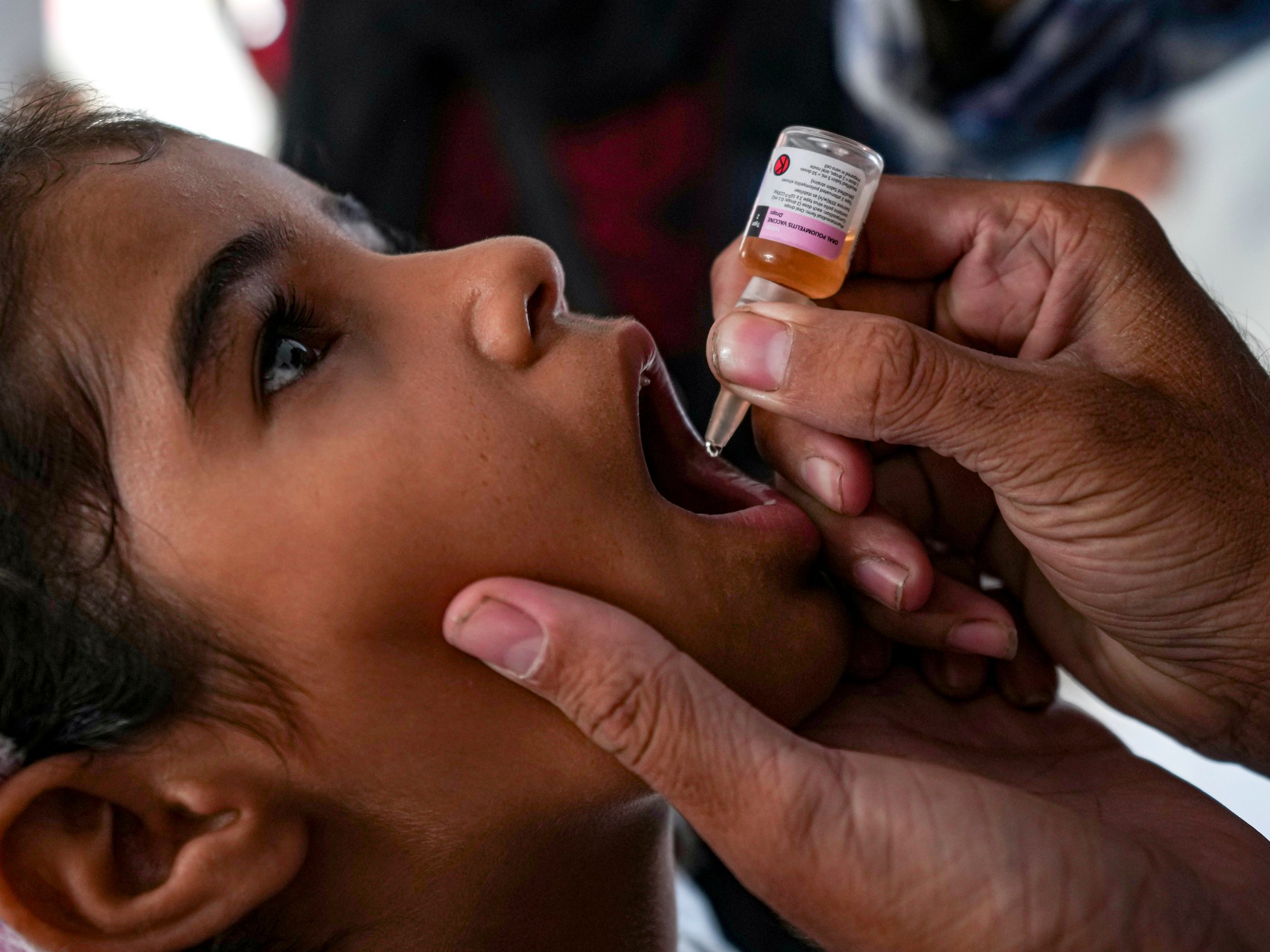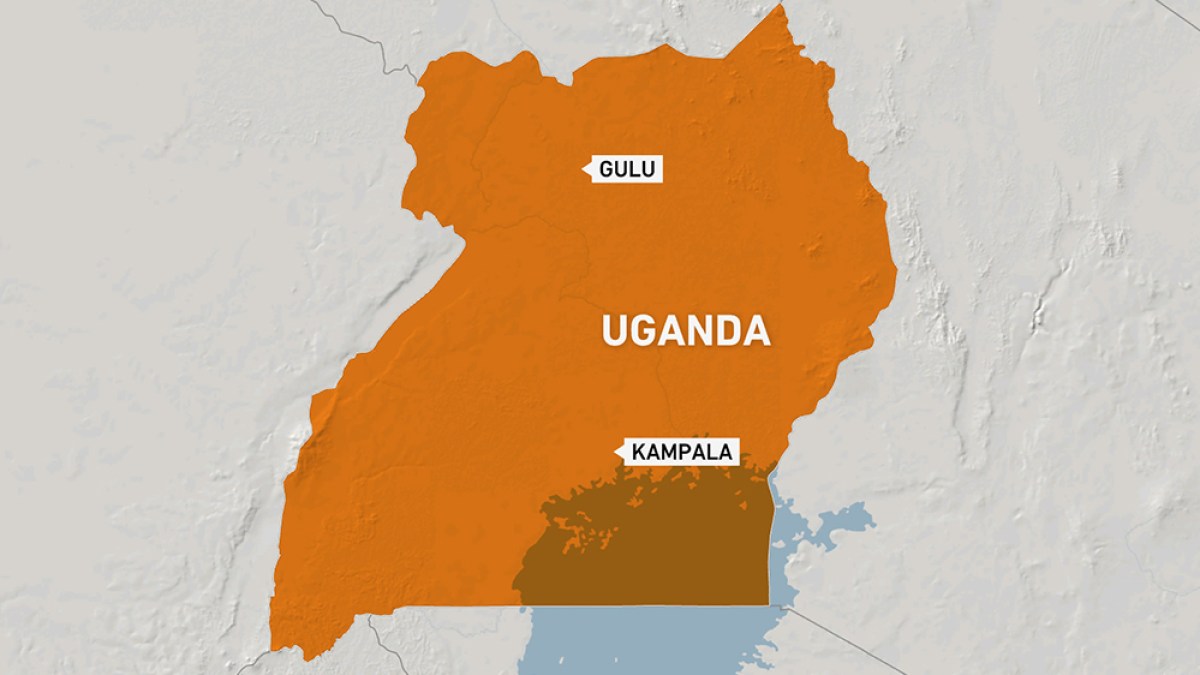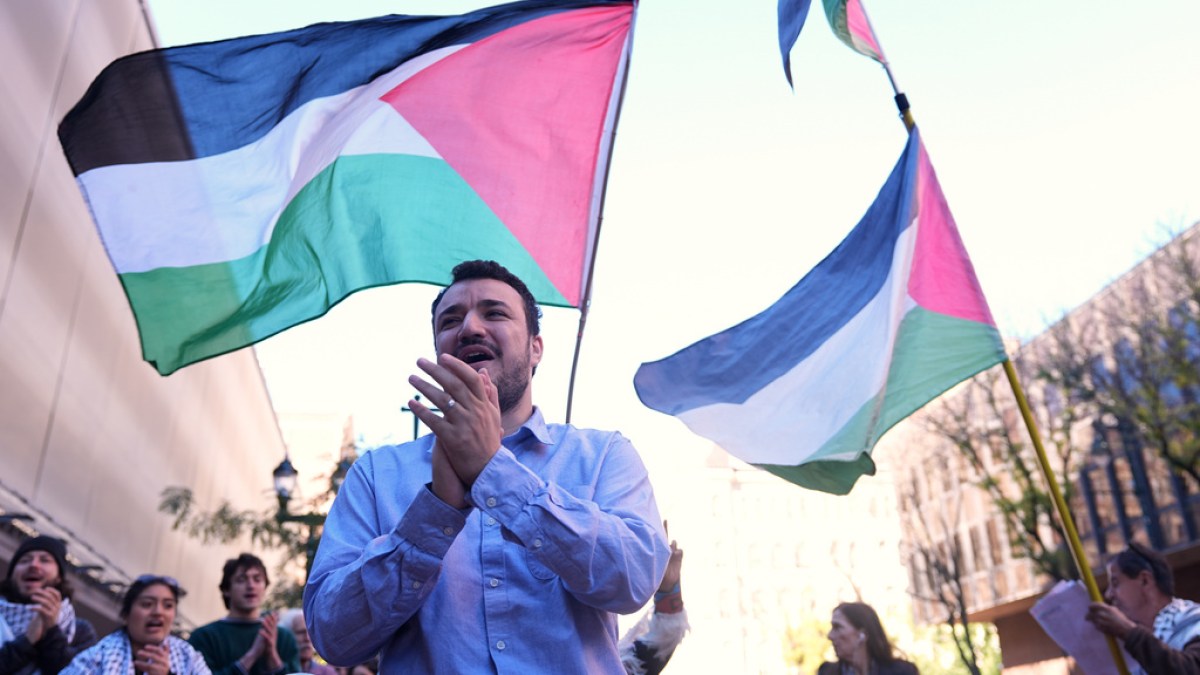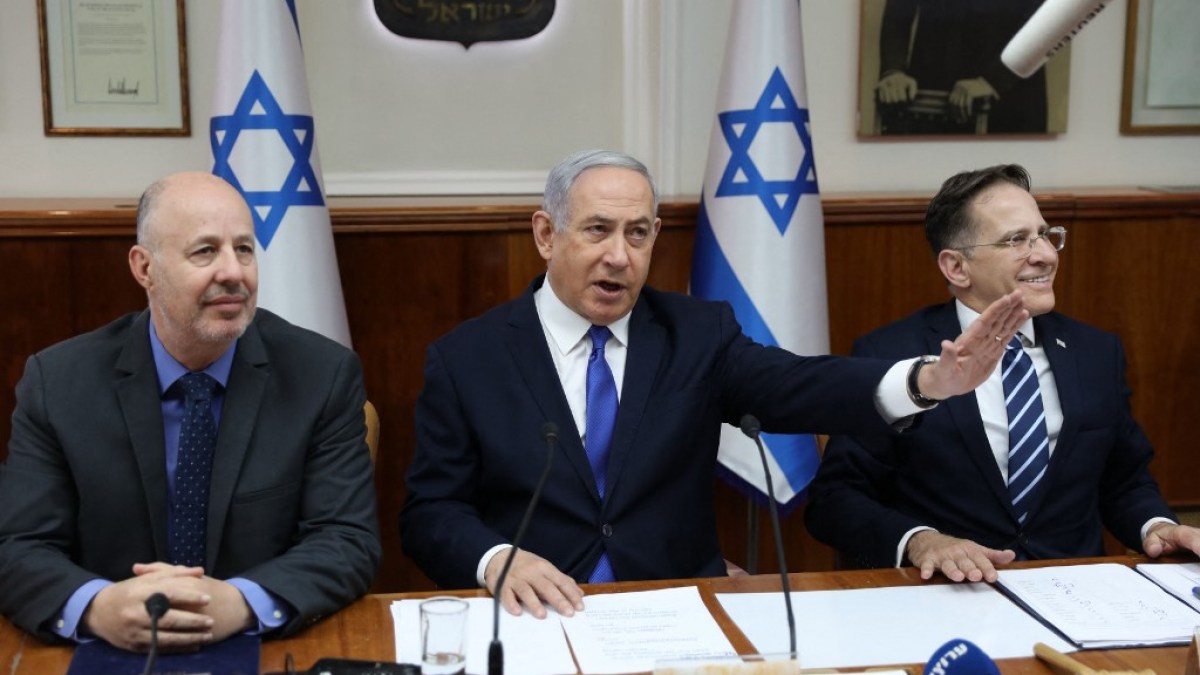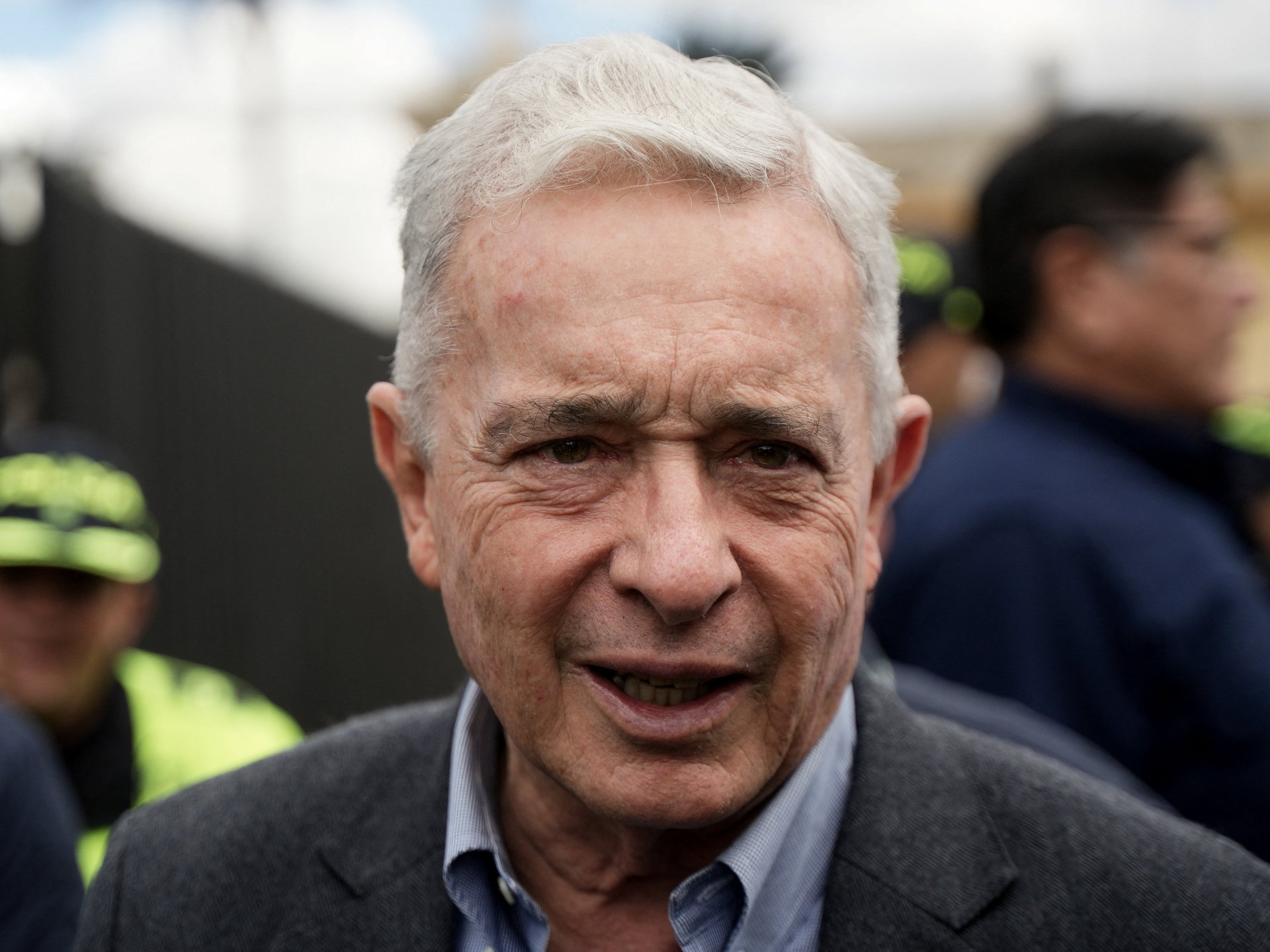The significant funding reductions mean certain activities will simply not happen, says WHO’s polio eradication director.
Published On 21 Oct 2025
The Global Polio Eradication Initiative (GPEI), a coalition including the World Health Organization (WHO) and the Gates Foundation, will face a 30 percent budget reduction in 2026 and a $1.7bn funding gap through 2029, threatening efforts to eradicate polio.
“The significant reductions in funding … mean that certain activities will simply not happen,” said Jamal Ahmed, the WHO’s director of polio eradication, at a news conference on Tuesday.
Recommended Stories
list of 3 itemsend of list
Officials said that the shortfall is largely driven by reduced foreign aid, particularly from the United States, which has stepped back from the WHO since President Donald Trump returned to office.
Other major donors, including Germany and the United Kingdom, have similarly reduced contributions.
“Eradication remains feasible and is doable,” Ahmed said. “We need everybody to remain committed and ensure that no child is left behind.”
To cope, the GPEI plans to concentrate its resources on surveillance and vaccination in high-risk areas. The initiative will also work more closely with other health campaigns, such as measles programmes, and adopt strategies like fractional dosing. This approach uses as little as a fifth of a standard vaccine dose, stretching supplies while still protecting children from infection.
The initiative will also scale back operations in lower-risk regions unless outbreaks occur.
Polio eradication has been a global health goal for decades. Mass vaccination since 1988 has dramatically reduced cases, yet the virus persists. The first target to eliminate polio by 2000 was missed, and experts have warned that asymptomatic infections make tracking transmission difficult.
In 2025, there have been 36 reported cases of wild polio in Afghanistan and Pakistan, the two countries where the disease remains endemic.
These regions will continue to receive essential interventions under the GPEI’s plan. Meanwhile, 149 cases of vaccine-derived polio have been recorded in countries, including Nigeria.
Vaccine-derived polio occurs when children immunised with a weakened virus shed the virus, which can then mutate and spread among unvaccinated populations. Despite this risk, global health officials emphasise that continued vaccination and surveillance are critical to ending the disease once and for all.
Cases of both wild and vaccine-derived polio have declined since 2024.

